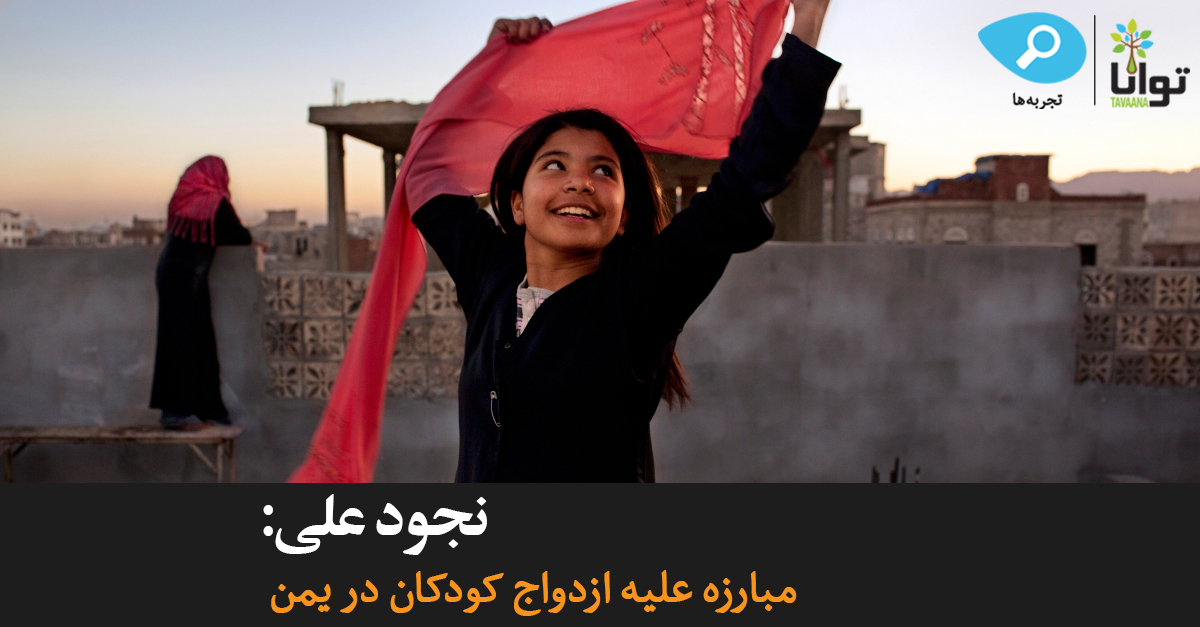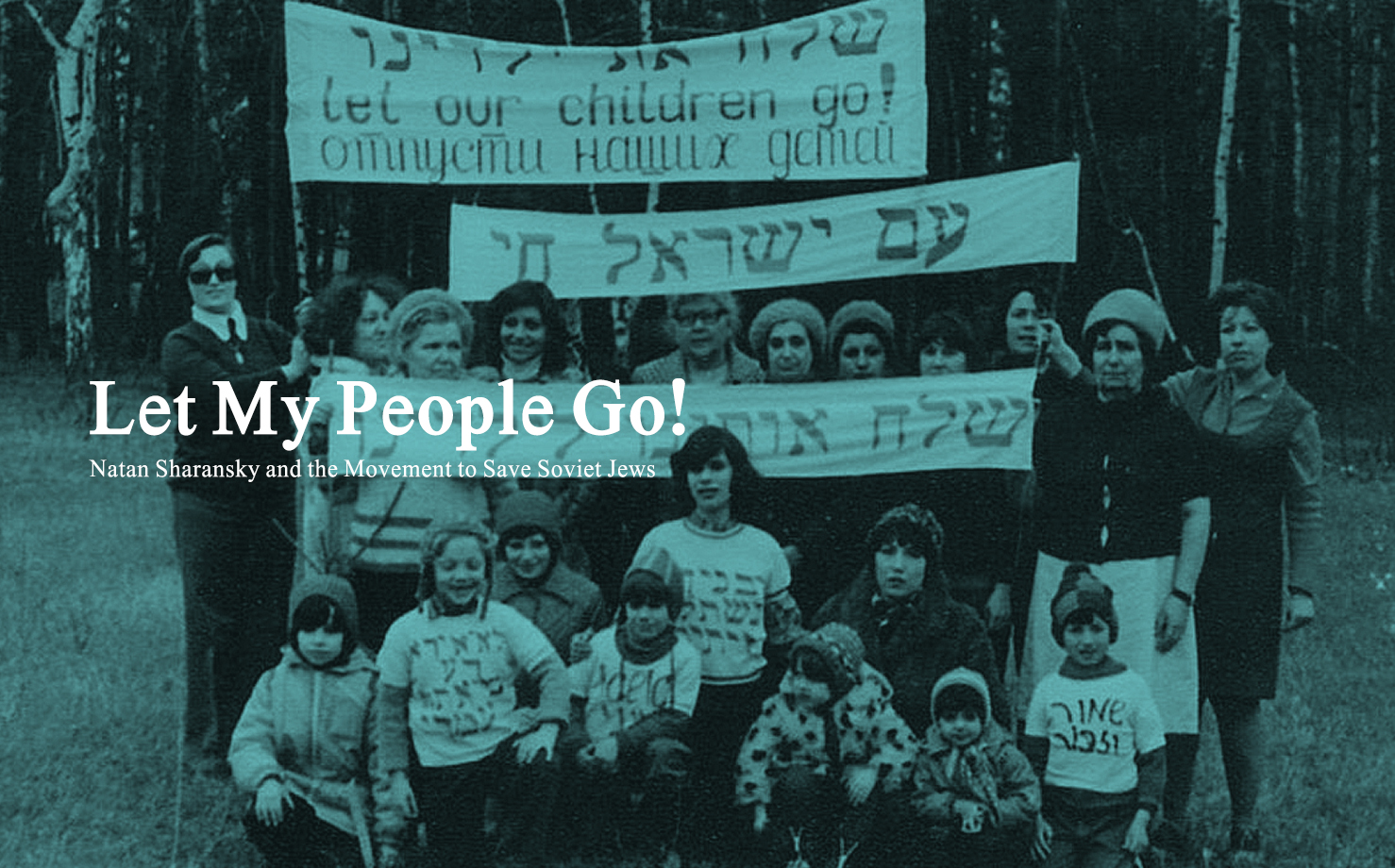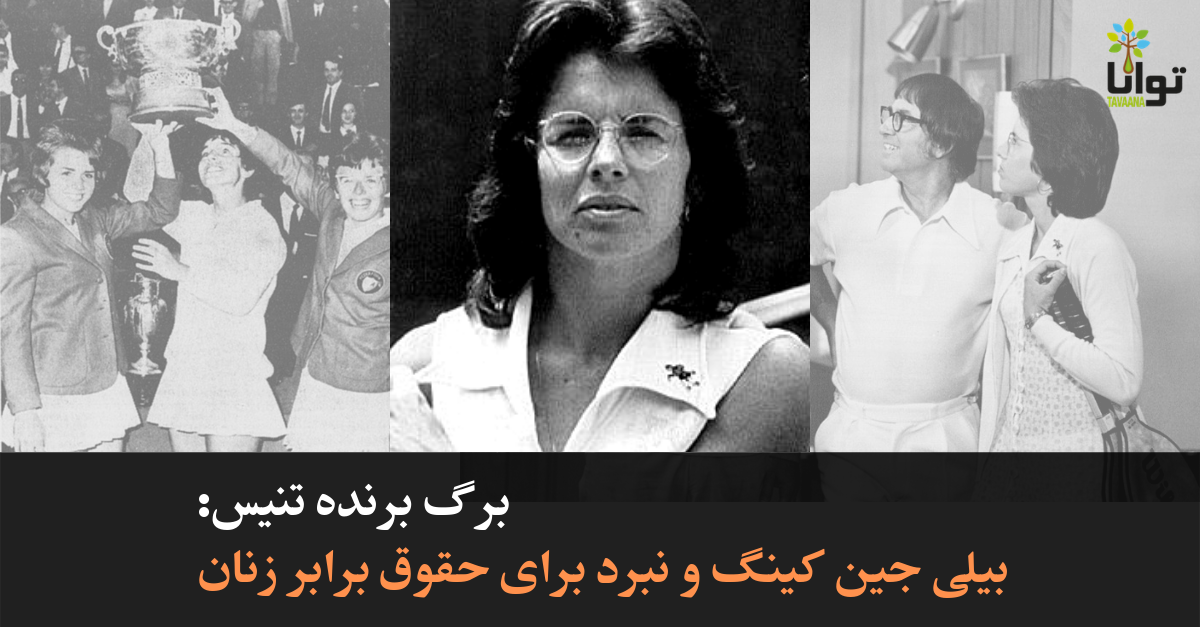Vision and Motivation
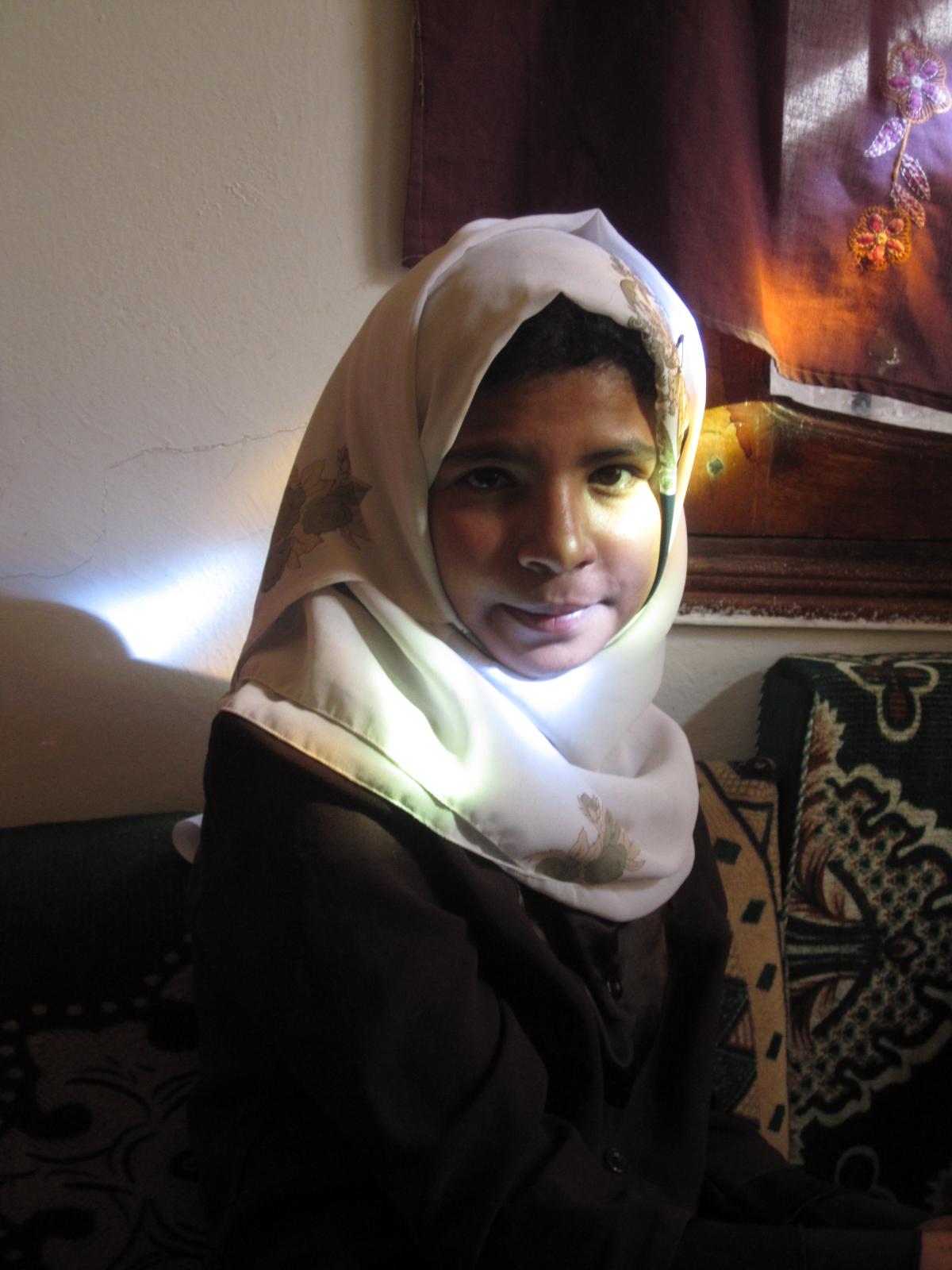 In February 2008, Nujood Ali, just 10 years old, was married to a man three times her age so that her family could escape the economic burden of raising children.[1] Nujood’s case was not uncommon in Yemen; in fact, most Yemeni girls marry older men before the age of 18. Nujood, who had no desire to be married, was continually raped and beaten by her 30-year old husband from the onset of their marriage. Almost two months after their wedding, Nujood escaped her husband’s home and took a taxi to a courthouse in Sana’a, where she hoped to file for divorce. After waiting nearly all day at the courthouse, a compassionate judge finally heard Nujood’s story and took her home to his family for the weekend; he also had both Nujood’s father and husband arrested. Nujood was then assigned to human rights lawyer Shada Nasser as her counsel, who successfully made her case in a court that granted Nujood a divorce from her husband.
In February 2008, Nujood Ali, just 10 years old, was married to a man three times her age so that her family could escape the economic burden of raising children.[1] Nujood’s case was not uncommon in Yemen; in fact, most Yemeni girls marry older men before the age of 18. Nujood, who had no desire to be married, was continually raped and beaten by her 30-year old husband from the onset of their marriage. Almost two months after their wedding, Nujood escaped her husband’s home and took a taxi to a courthouse in Sana’a, where she hoped to file for divorce. After waiting nearly all day at the courthouse, a compassionate judge finally heard Nujood’s story and took her home to his family for the weekend; he also had both Nujood’s father and husband arrested. Nujood was then assigned to human rights lawyer Shada Nasser as her counsel, who successfully made her case in a court that granted Nujood a divorce from her husband.
Once Nujood’s story had been picked up by international media outlets, it raised the profile of one of Yemen’s most troubling, socially-embedded customs: child brides. While several organizations exist in Yemen to combat child marriage, Nujood’s case sparked an overarching call to action from both the Yemeni and international communities.
Goals and Objectives
While Nujood was focused on escaping her abusive marriage, she was also eager to return to her younger sister in order to protect her from the same fate. Nujood says, “I did it so that people would listen and think again about marrying off their daughters so young.”[2] Shada Nasser, as Nujood’s lawyer, also hoped that Nujood’s high profile case would demonstrate to other young girls that they don’t have to remain trapped in abusive marriages.[3]
Shada Nasser, alongside supportive children’s and women’s rights groups, agrees that the best cure for the child bride epidemic is education, which is a crucial supplementary goal for combatants of child brides in Yemen. With nearly 75% of Yemeni women illiterate and many too poor to go to school, families feel forced to marry their daughters to older men who many hope will raise the girls.[4] Parents generally do not believe that marriages will be consummated within the first few years, as it is forbidden by Yemeni law until the girl has reached puberty. However, in Yemen, husbands cannot be tried for sexual violence against their wives, making rape against young brides an act impossible to prevent. Changing the law is an important step, but educating young girls and convincing families not to marry their daughters at an early age are equally instrumental.[5]
Leadership
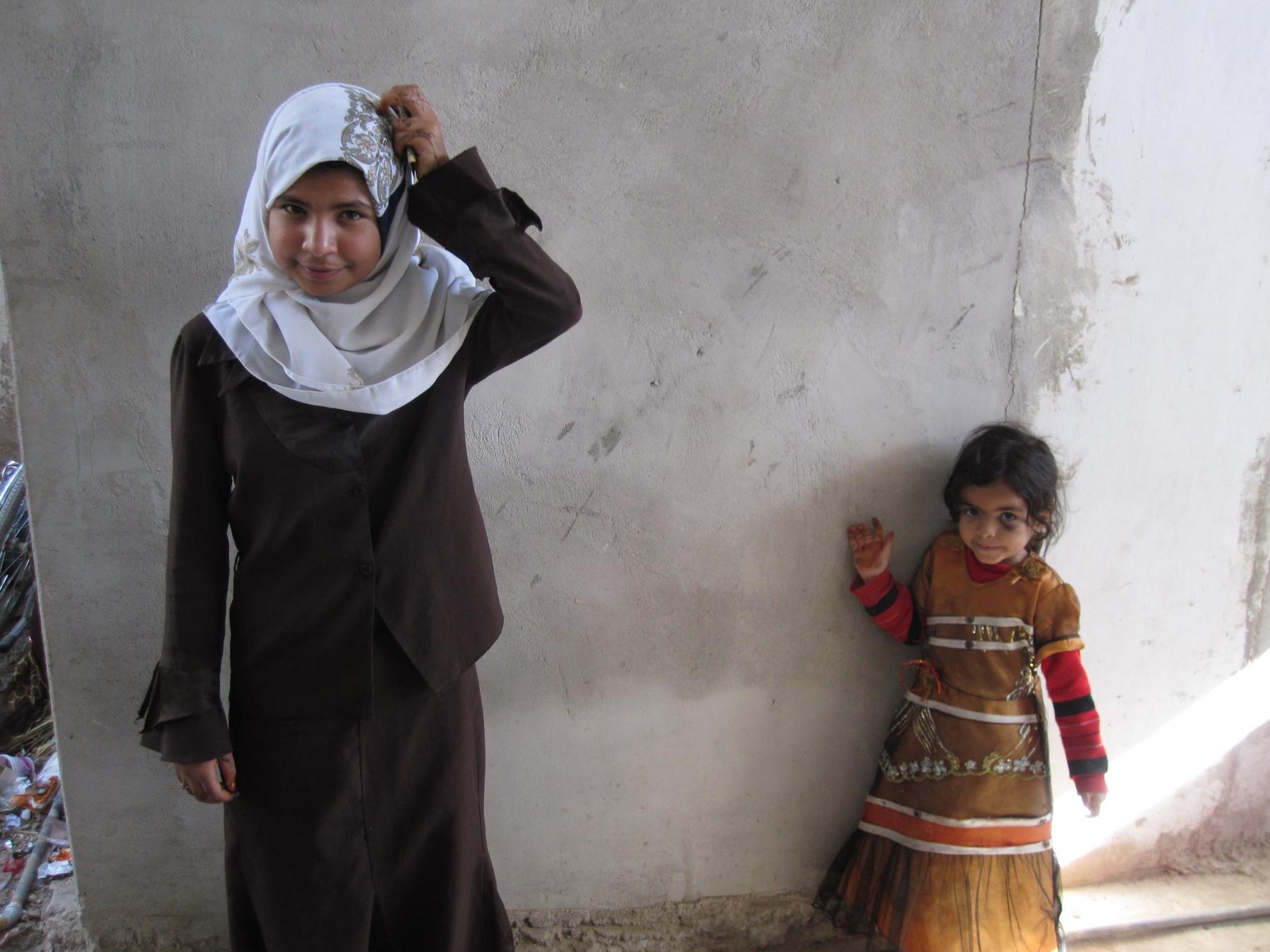 Nujood’s courageous decision to end her marriage was a historic event for Yemen, as few precedents existed for her action. As Nujood said, “I’m a simple village girl whose family had to move to the capital, and I have always obeyed the orders of my fathers and brothers. Since forever, I have learned to say yes to everything. Today I have decided to say no.”[6] Nujood’s accounts of the trial reveal her shock and awe that her case could draw such attention: “I would never have imagined stirring up so much interest. Me! A silent victim for so many months, suddenly propelled into the spotlight, facing all these journalists.”[7] Nujood’s experience is a testament to the fact that despite age, anyone with courage can stand up for her rights. Hillary Clinton has called Nujood “one of the greatest women I have ever seen…She set an example with her courage.”[8]
Nujood’s courageous decision to end her marriage was a historic event for Yemen, as few precedents existed for her action. As Nujood said, “I’m a simple village girl whose family had to move to the capital, and I have always obeyed the orders of my fathers and brothers. Since forever, I have learned to say yes to everything. Today I have decided to say no.”[6] Nujood’s accounts of the trial reveal her shock and awe that her case could draw such attention: “I would never have imagined stirring up so much interest. Me! A silent victim for so many months, suddenly propelled into the spotlight, facing all these journalists.”[7] Nujood’s experience is a testament to the fact that despite age, anyone with courage can stand up for her rights. Hillary Clinton has called Nujood “one of the greatest women I have ever seen…She set an example with her courage.”[8]
Nujood’s case would have been hard to win without the help and guidance of Shada Nasser, a prominent human rights lawyer in Yemen. Upon learning of Nujood’s story from a sympathetic judge in Sana’a, Nasser contacted the Yemen Times to spread Nujood’s story, leading to groundswells of international support.[9] Nasser’s desire to fight for the rights of women and girls and her refusal to be intimidated by the male-dominated courts of Yemen have led her to take on similar cases, helping child brides divorce their husbands at an increasing rate since 2008.[10]
Civic Environment
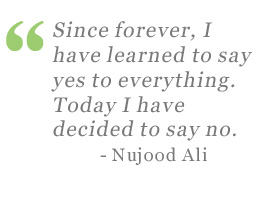 When North and South Yemen united in 1990, there were a number of legal gray areas that the new government ignored – the more liberal South Yemen had a minimum marriage age of 16, while the North had one of 15. Ultimately the Northern age limit was adopted; however, it was abandoned nine years later when the minimum age of marriage was altogether abolished, dooming the lives of many young girls in Yemen. Yemen has one of the highest maternal mortality rates in the world (370 per 100,000), due in large part to the fact that many girls under the age of 15 are forced to have children of their own.[11] There was no progress on the issue of child brides until Nujood’s case went public in April 2008 and propelled the Yemeni Parliament to finally take action, drafting legislation that stipulated a minimum age of marriage at 17. Children’s and women’s rights groups in Yemen drew inspiration from Nujood’s case, hoping that the publicity drawn to Yemen would facilitate the bill’s passage into law.[12]
When North and South Yemen united in 1990, there were a number of legal gray areas that the new government ignored – the more liberal South Yemen had a minimum marriage age of 16, while the North had one of 15. Ultimately the Northern age limit was adopted; however, it was abandoned nine years later when the minimum age of marriage was altogether abolished, dooming the lives of many young girls in Yemen. Yemen has one of the highest maternal mortality rates in the world (370 per 100,000), due in large part to the fact that many girls under the age of 15 are forced to have children of their own.[11] There was no progress on the issue of child brides until Nujood’s case went public in April 2008 and propelled the Yemeni Parliament to finally take action, drafting legislation that stipulated a minimum age of marriage at 17. Children’s and women’s rights groups in Yemen drew inspiration from Nujood’s case, hoping that the publicity drawn to Yemen would facilitate the bill’s passage into law.[12]
Tragically, Yemen’s Sharia Committee quickly halted the signing of the bill into law. The debate continues today between conservatives who argue that Islam does not dictate an age for marriage, and liberal parliamentarians who argue that child marriages create long lasting psychological and physical harm.[13] While the debate has continued, child brides continue to suffer the harsh realities of their plight – in September 2009, a 12-year old Yemeni child bride died in childbirth, while another died on April 2010 from internal bleeding after being raped by her husband.[14]
Although Nujood’s case brought the issue of child brides into the open, it is still extremely difficult for young girls to obtain divorces. According to an IRIN news report, “[Nasser] has represented several child bride divorce cases in court, but admits she has lost most of them. Only a handful of child brides have successfully managed to divorce their husbands.”[15] She blames the fact that in a divorce, the dowry must be paid back in part or full to the husband, and often the bride’s family is too impoverished to pay it back in full. Moreover, because divorces can only be granted in the governorate where the marriage took place, which is often the local village of the husband, a biased tribal judge is unlikely to grant a divorce to a young girl.[16]
Message and Audience
 Many organizations, such as the Yemeni Women’s Union, the Seyaj Organization for Child Protection, the Girls World Communication Center, and the Sisters’ Arab Forum for Human Rights not only push for legal reform, they also offer programs to help keep girls from entering into marriages at young ages. The Girls World Communication Center (GWCC), a part of the Yemeni Youth Development Foundation, was set up through Glamour Magazine with donations to Nujood’s cause to do just that.[17] Located in Sana’a, the GWCC provides educational programs, including language classes and computer training, to roughly 2,000 girls each year — most of them at no cost because their families cannot afford to pay.[18]
Many organizations, such as the Yemeni Women’s Union, the Seyaj Organization for Child Protection, the Girls World Communication Center, and the Sisters’ Arab Forum for Human Rights not only push for legal reform, they also offer programs to help keep girls from entering into marriages at young ages. The Girls World Communication Center (GWCC), a part of the Yemeni Youth Development Foundation, was set up through Glamour Magazine with donations to Nujood’s cause to do just that.[17] Located in Sana’a, the GWCC provides educational programs, including language classes and computer training, to roughly 2,000 girls each year — most of them at no cost because their families cannot afford to pay.[18]
Wafa Ahmad of the Yemeni Women’s Union argues, “These early marriages rob the girl of the right to a normal childhood and education. The girls are forced to have children before their bodies are fully grown instead of going to school and playing with other children.”[19]
Outreach Activities
In 2008, both Nujood Ali and Shada Nasser became global icons when they were awarded Glamour Magazine’s Women of the Year Award. Condoleezza Rice was excited to meet Nujood, stating that she “was going to be a great inspiration.”[20] The publicity and recognition Nujood received via the award inspired people all over the world to donate money to a scholarship that paid for Nujood’s education, as well as the Glamour fund which later formed the GWCC. Nujood has written a book about her experience, entitled I Am Nujood, Age 10 and Divorced, which became an instant best-seller in France, where it was published. She has currently enrolled in a private school in Yemen thanks to generous donations.
Nujood’s story has embroiled the nation in a debate about the merits and disadvantages of a law restricting marriage to those over the age of 17. Though Nujood was only 10 at the time, her case reached the entire world, bringing the issue to the forefront of human rights policy-making in Yemen and the wider Muslim world.

Learn More
News & Analysis
Al-Haj, Ahmed. “Yemeni Child Bride, 12, Dies in Labor.” CBS News. September 13, 2009.
BBC. “Saudi child ‘files for divorce.’” August 24, 2008.
CNN. “Helping child brides break free.” September 26, 2008.
Daragahi, Borzou. “Yemeni bride, 10, says I won’t.” LA Times. June 11, 2008.
Freedom House. “Yemen: Freedom in the World.”
Hersh, Joshua. “A Ten Year Old’s Divorce Lawyer.” The New Yorker. March 4, 2010.
IRIN. “Yemen: Child bride gets her divorce.” March 28, 2010.
IRIN. “Yemen: Deep divisions over child brides.” March 28, 2010.
IRIN. “Yemen: I’d rather die than go back to him.” February 21, 2010.
Jamjoon, Mohammed. “Yemeni child bride dies of internal bleeding.” CNN. April 9, 2010.
Marie Claire. “Nujood Ali: Married at 9; Divorced at 10.” June 11, 2010.
Power, Carla. “Women of the Year Fund Honorees: Nujood Ali and Shada Nasser.” Glamour. 2008.
Seyaj Organization for Childhood Protection.
UNICEF Basic Statistics. “At a Glance: Yemen.” March 2, 2010.
UNIFEM. “Two Voices against Child Marriage and for Education.” November 7, 2008.
Books
Ali, Nujood and Delphine Minoui. I am Nujood, Aged 10 and Divorced. New York: Three Rivers Press, 2010.
Multimedia
“Muslim girl (10) Demands Divorce.” Youtube. September 2, 2008.
“Nujood Ali 10 years old from Yemen got divorce.” Youtube. September 27, 2008.
“Wedlocked.” CNN Untold Stories. August 29, 2009.
Footnotes
[1] Daragahi, Borzou. “Yemeni bride, 10, says I won’t.” LA Times. June 11, 2008.
[2] “Wedlocked.” CNN Untold Stories. August 29, 2009.
[3] Daragahi.
[4] Ibid.
[5] Jamjoon, Mohammed. “Yemeni child bride dies of internal bleeding.” CNN. April 9, 2010.
[6] Ali, Nujood and Delphine Minoui. I am Nujood, Aged 10 and Divorced. New York: Three Rivers Press, 2010. p. 18.
[7] Ibid., 108.
[8] Ibid., Front cover.
[9] Daragahi.
[10] Hersh, Joshua. “A Ten Year Old’s Divorce Lawyer.” The New Yorker. March 4, 2010.
[11] “At a Glance: Yemen.” UNICEF Basic Statistics. March 2, 2010.
[12] “Yemen: Deep divisions over child brides.” IRIN. March 28, 2010.
[13] Ibid.
[14] Jamjoon.
[15] “Yemen: I’d rather die than go back to him.” IRIN. February 21, 2010.
[16] Ibid.
[17] Power, Carla. “Women of the Year Fund Honorees: Nujood Ali and Shada Nasser.” Glamour. 2008.
[18] “Two Voices against Child Marriage and for Education.” UNIFEM. November 7, 2008.
[19] Ibid.
[20] Hersh.

